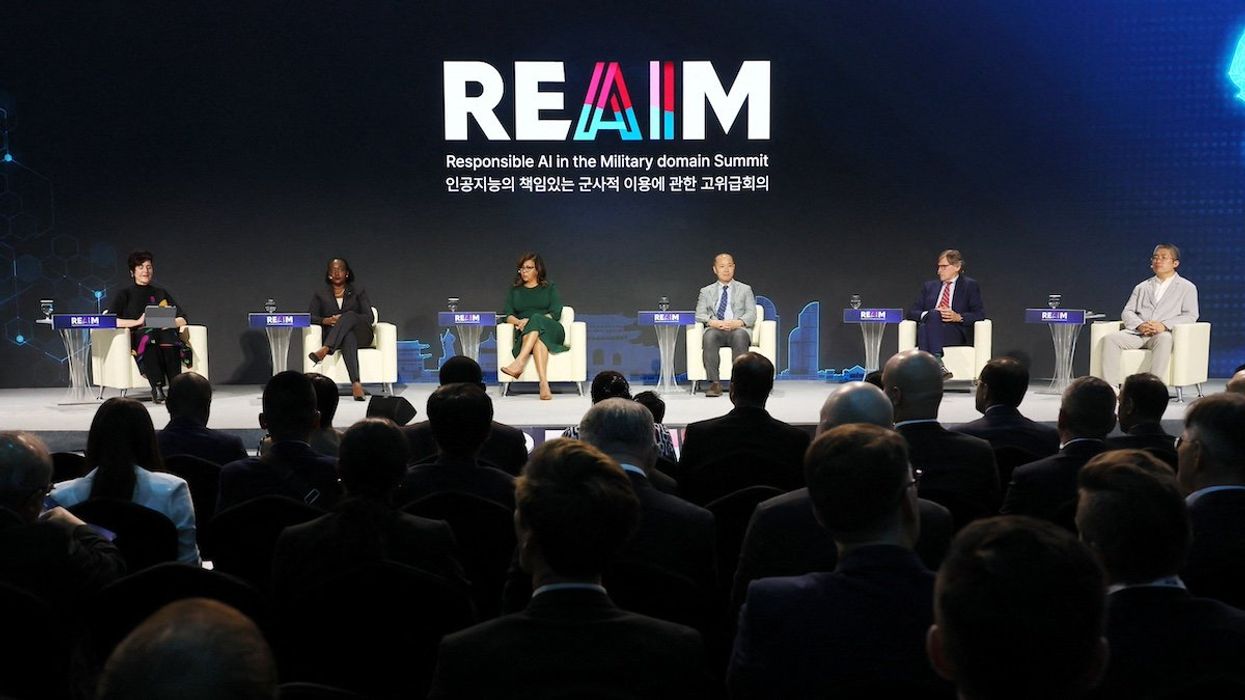What We're Watching
China’s nuclear noncommitment
Today, global delegates to the Responsible AI in the Military Domain Summit in Seoul adopted a non-binding agreement promising to keep nuclear weapons solely in human control — and not under the control of artificial intelligence.
Sep 10, 2024

